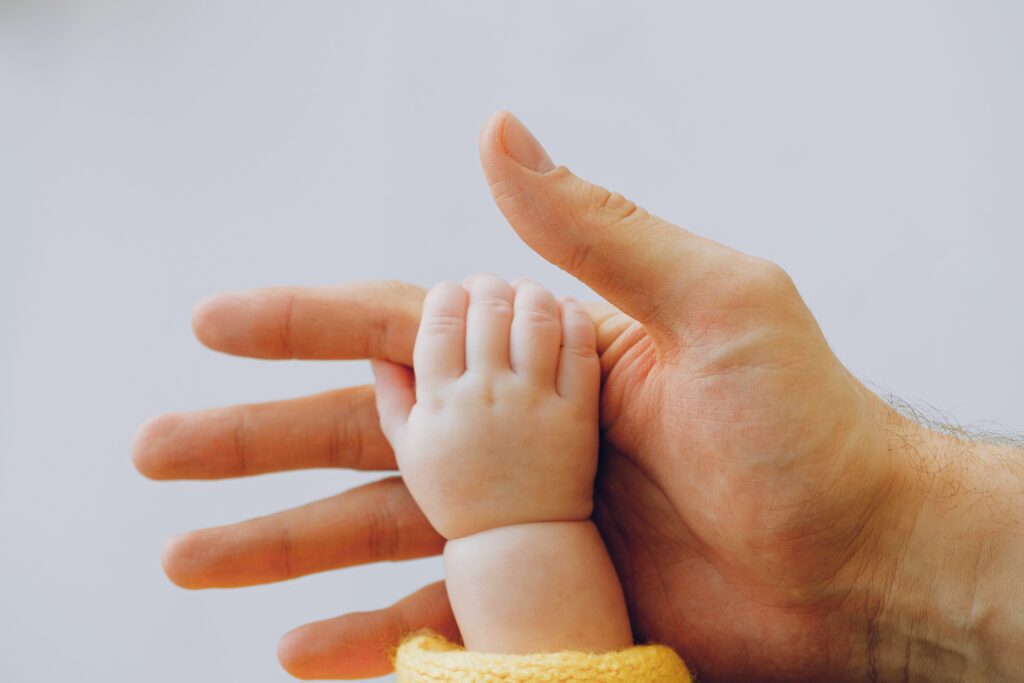
Most individuals have formed their own opinion and some say that an unborn baby doesn’t have any rights until they are born, others think that they accrue them at the point of conception, and some say that it can be from 22 weeks where it is considered by doctors that it is the earliest point at which a baby could survive outside of the womb if born premature.
In theory none of the above answers are right or wrong as although there are laws in place and masses of information provided on the internet, a lot depends on the views of each individual which can usually be conflicting.
Below are some questions regarding foetuses and whether as a whole in the UK we consider if an unborn baby has any legal rights or not?
Do human rights protect an unborn child?
In short, the answer is no.
Foetuses do not have a separate legal personality from their mothers until they are born, women are free to make choices against medical advice, so long as they have mental capacity to make an informed decision.
However, if a woman decides to continue with the pregnancy, she must understand the role of professionals which is to ensure both mother and baby are healthy and safe, and concerns can be raised if necessary. Therefore, although the foetus may be protected from certain behaviours of the mother that may cause it physical harm, or prevent its development into a baby, it does not mean they have a right to be protected.
Does the unborn child have more rights than the mother?
No, mothers have the overriding choice to accept or decline any decision regarding the foetus’s development, wellbeing or advice and this must be respected by all named professionals.
Referrals can be made to social services if professionals believe there are serious concerns about the baby being put at physical risk, however, this should not be used as a threat to coerce the mother into accepting treatment.
Although the information suggests that an unborn baby does not have any legal rights in the UK until they are a separate person from their mother, it does not mean that this view is accepted by all. It is not to say that serious concerns can’t be raised to the appropriate professionals and advice cannot be given, but it does mean that the mother’s decision should be respected by all public bodies.




